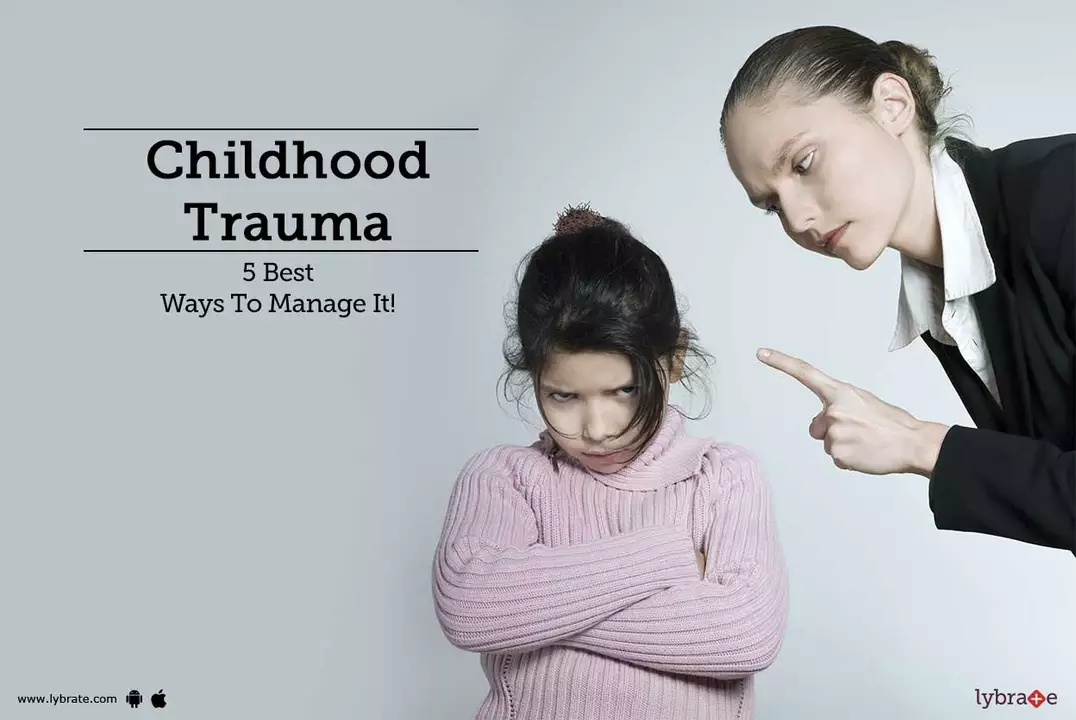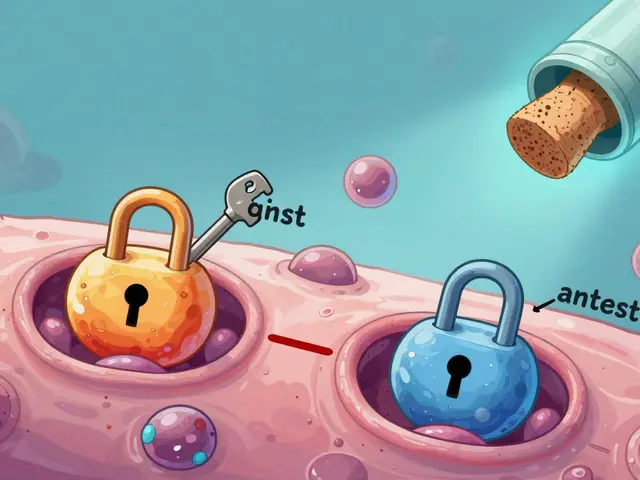Psychological impact: how medications and health changes affect your mood
Many people don’t expect a pill to change their personality, but some drugs and health problems do affect mood and thinking—sometimes fast. If you started Depakote, switched antidepressants, began gabapentin, or had a major health event, you might notice sleep, energy, or mood shifts. Those changes are real and worth tracking.
Side effects that affect mood include increased anxiety, low mood, irritability, trouble sleeping, or feeling foggy. For example, some people report mood swings on mood stabilizers or during antidepressant changes. A genetic tweak can even change how well drugs like Neurontin work for pain and mood in women—so personal responses can differ a lot.
Spotting a problem early helps. Keep an eye out for new or worsening: persistent sadness, panic, severe restlessness, sudden anger, confusion, or thoughts of harming yourself. If you notice any of these, don’t wait—contact your prescriber or a crisis service right away.
Simple tracking makes a big difference. Use a short daily log: date, medication and dose, sleep hours, mood rating (1–10), appetite, and any side effects. Track for the first six weeks after a medication change—most mood shifts appear in that window. Showing a timeline to your doctor gives them useful clues faster than vague descriptions.
Talk to your clinician with specifics. Say when symptoms started, what you tried to ease them, and what helps. Ask direct questions: Could this be a side effect? Is dose adjustment an option? Are there safer alternatives? Our guides on Depakote and Wellbutrin alternatives can help you prepare questions for that conversation.
Coping steps you can start today
Small habits reduce strain while your body adjusts. Improve sleep by keeping a regular schedule and cutting screens an hour before bed. Move daily—short walks or stretching lower anxiety and boost mood. Skip or cut alcohol; it makes many meds less predictable. Try a 5–10 minute breathing practice or a guided mindfulness session when you feel overwhelmed. If physical pain plays a role, gentle pacing and physiotherapy options can help without adding medication risks.
Therapy can speed recovery. Cognitive behavioral therapy (CBT) helps with mood swings and negative thinking tied to meds or illness. Peer support groups—online or local—also reduce isolation and provide practical tips from people who’ve navigated similar changes.
When to get urgent help
Seek immediate care if you have suicidal thoughts, severe confusion, hallucinations, violent impulses, or inability to care for yourself. If symptoms come on very fast or feel out of control, go to an emergency room or call your local crisis line. Tell clinicians you recently changed medication or started a new treatment—this info is critical.
You don’t need to handle mood changes alone. Track what’s happening, talk openly with your prescriber, try small daily supports, and get help fast for serious warning signs. For more on specific drugs and alternatives, check the related guides here on KiwiDrug.com.

The link between childhood trauma and behavior disorders
In my latest research, I've discovered a strong link between childhood trauma and behavior disorders. It seems that children who experience trauma at a young age are more likely to develop issues like ADHD, oppositional defiant disorder, and conduct disorder. This connection highlights the importance of early intervention and support for children who've undergone traumatic experiences. As a society, we need to prioritize mental health and address childhood trauma to help prevent these behavior disorders from developing. I believe that by understanding this connection, we can work towards creating a healthier and happier future for our children.
read more




